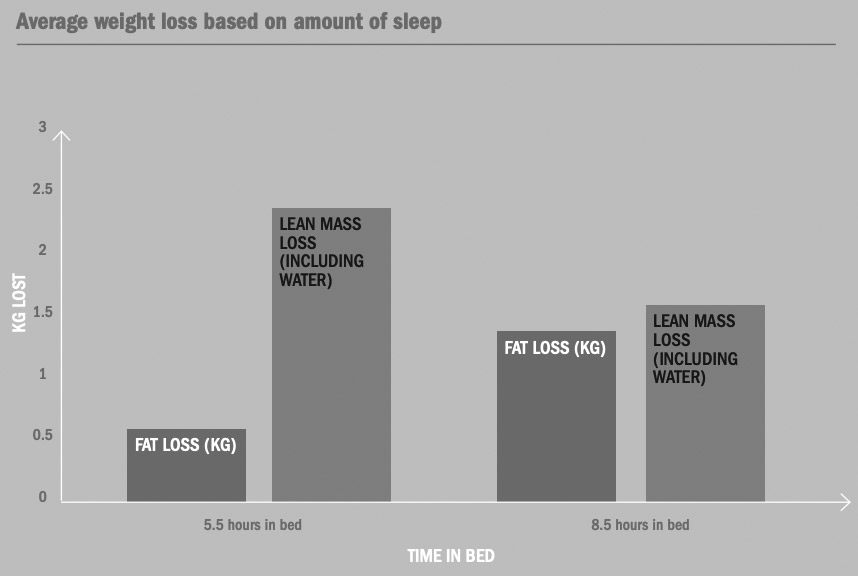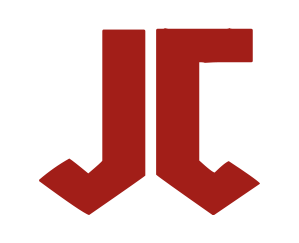Sleep
Sleep
Sleep is a biological necessity, we can’t escape it, yet we the only species that tries to avoid it. The inherent need to keep going in our fast paced world has left sleep on the sidelines and anyone foolish enough to want to reach for the reserves on the side of the field is seen as weak and not man enough to keep up. This sadly, is the exact opposite approach that we should be taking, in fact, if you want to be more of a ‘man’ then you should get more sleep, as a lack of it, ironically shrinks your testicles. Sleep, has an integral role in maintaining a metabolic homeostasis.
From a sporting perspective, I like the study by Mah et al., (2011), it highlights perfectly why, as athletes you should be getting your zzz’s in. Over 5-7 weeks, a basketball team aimed to get 10 hours of sleep a night. The results of this mammoth lie-ins, was a 1.3s increase in sprint speed, 9% free throw improvement and 9.2% 3-point conversion, as well as improved overall ratings of physical and mental well-being during practice and games. Sleep maybe the biggest sport enhancing drug of them all.
So here’s a list of all the detrimental affects of not sleeping enough:
Performance effects:
- Testosterone levels drop to the equivalent of someone 10yrs older
- Restricted physical performance in weightlifting, cardiorespiratory functioning, psychomotor tasks that require accuracy and consistent performance (Mougin et al., 1991; Edwards et al., 2009
- Lack of sleep simulates symptoms of overtraining (Fullagar et al., 2014)
- One bad nights sleep prior to a big race won’t effect performance, your body will compensate. However, habitual poor nights will effect performance levels.
- A poor night before training may effect motivation levels and hinder training induced adaptions
- Ghrelin hormone that stimulates hunger increases with missed sleep
- Leptin hormone that decreases hunger decreases its levels with lack of sleep, therefore more food than is necessary will probably be consumed
- When exercising on continuous poor sleep increased muscle catabolic occurs with less fat loss

General effects
- You age quicker
- Shorter life span
- Hippocampus, where memories are stored, no significant activity is seen when no sleep
occurre - Therefore, for learning and memorising information, sleep is needed before and after the
session. Sleep primes the brain and then consolidates the information being studied. - Without sleep, you can’t absorb new information, a 40% in information learnt the previous
day with no sleep - Deep sleep is like a file transfer to the brains storage
- As we age our memory and ability to learn declines. So does our sleep times, these have been found to be correlated to each other and sadly have been related to part of the Alzheimer’s and dementia diseases
- Link between cancer and lack of sleep is so big the World Health Organisation classify lack of sleep a carcinogen
- Natural killer cells in our blood that’s kill cancers etc, decline and create an immune deficiency with lack of sleep
- It affects your DNA code – half DNA genes turn off with lack of sleep, these genes are responsible for immunity, hence the link to cancers etc.
- Every year with daylight savings time, 1.6billion people change their clocks by 1 hour, in the spring, the next day, there is a 24% increase in heart attacks the day. In the autumn, there is a 21% reduction. Similar statistics in suicide and car crashes.
- Sleep can’t be caught up, once it’s gone, it’s gone. It’s not like a bank where you can store up credit.
- There is no safety net created by mother nature as we are the only specie to deny ourselves sleep. So bast to start sleeping now
Well, that was happy reading wasn’t it. At least we are in control of how we sleep, so hereis a list of how to sleep better:
- No alcohol in the evenings, it doesn’t induce real sleep, its fake news
- Same goes for sleeping pills, it masks the problem. They may knock you out but its not true sleep
- No caffeine in the afternoon as it has around a 12hr life. So you’re afternoon pick me up may still have 6hrs still to block adenosine reaching their adenosine receptors to induce tiredness
- Avoid naps during the day if you’re struggling to sleep. You want to create a healthy amount of sleep had in the evenings. Once this is created, early afternoon naps are very beneficial
- Regular bedtime and wake up time, this again helps create a healthy sleep habit and teaches your brain when its time to sleep and when to wake up
- Keep it cool, your body temperature drops 1-2C and it likes to be kept cool to stay asleep.
- 65F/18C is the optimal sleep temperature
- No blue-light exposure up to an hour before bed, instead have a hot bath (this actually cools you down afterwards), read a book, meditate, anything you like to do to relax
- If you stay in bed awake for too long get out of bed, go do something else, otherwise your brain will associate your bed with being awake
- Aim for 7-9hrs sleep a night
- Have a silent space to sleep in. Lack of auditory distractions will allow you to have an undisturbed slumber.
- Lastly, we are all different, some people are early morning larks and others are night owls. Doesn’t matter which you are, change you bedtimes accordingly. Just achieve those hours.
Sleeping Aids
- Sleeping masks or blackout curtains/blinds. Very important to blockout all light exposure
- 5HTP, tryptophan, L-Taurine, magnesium and naturally occurring melatonin can aid in
sleep, but if you can achieve good quality sleep without this, then that would be ideal - 5HTP – An amino acid that converts into serotonin and then melatonin
- Tryptophan – An essential amino acid that is converted into 5-HTP when needed by the
body - L-Taurine – Increases the natural sedative GABA which calms and relaxes the nervous system
- Magnesium – Helps maintain healthy levels of GABA, a neurotransmitter that promotes sleep
- Grounding mats have been proven to help. They are meant to bring a connection to earth indoors. The earth has a frequency of 7.83Hz and the mat is supposed to connect us to this, as if you were laying on beach. This is supposedly why we fall asleep when lying in sand or the grass, because we are connecting to the earths frequency.
- Ear plugs
- Blue light blocking glasses when using a screen in the evening
- If you are a hot sleeper, a Chilipad under your sheet can help cool you down, the opposite of a hot electric blanket, it passes cold water under you.
- Sleep blankets have mixed research results but if you feel that a weighted blanket is your thing, then give it a try.
- Use a sleep tracker such as sleep cycle app or an aura ring to monitor your sleep. Find out if you’re actually sleeping as well as you think you are. This is a great tool for monitoring rest and recovery from training. More info on this in the monitoring training load section.
Naps
- An early afternoon nap of up to 30mins can be very beneficial. You enhance the nap should you choose by having caffeine pre nap so that it wakes you up within 30mins. It take around 25mins for caffeine to take effect.
- If you are training 2 or 3 times per day, a nap is essential to gain the necessary rest to recover for the next session
- Meditation has been proven to be more restorative than a nap. This is a good practice to submerge yourself into, with a plethora of positive effects. Please see the stress section for more information
